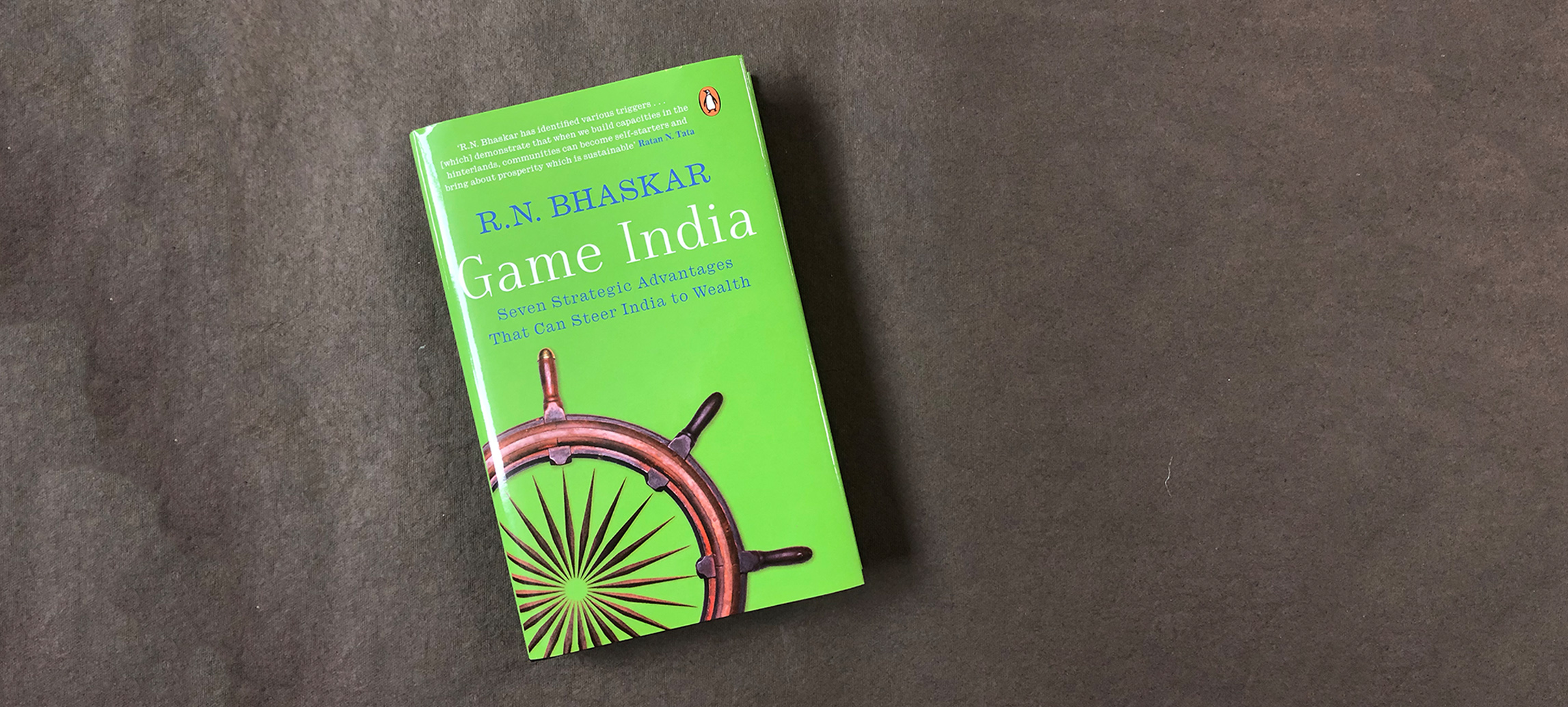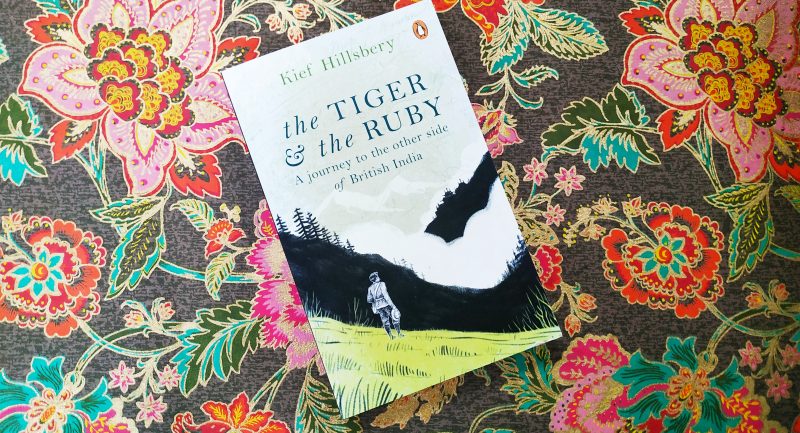
India may widely be acknowledged as one of the fastest-growing major economies in the world, but how can this vast, diverse and heavily populated nation sustain growth prospects? Game India offers a decisive answer.
Through chapters, at once ambitious and engaging, it outlines seven key unrealized opportunities India can pursue to remain a leading player on the world economic superhighway.
Here is an excerpt from the book!
Everybody likes stories. They are what we grew up with, what we turn to when in doubt. Stories are the beginning of all thought. One of the triggers for this book too lies in a story, narrated to a large gathering by the late Nani Palkhivala — eminent jurist, management guru and tax consultant.
For those who were young in the 1980s, Nani Palkhivala was iconic. He was such a lofty legal luminary, he was almost an institution. But he was renowned for yet another unique contribution. Every year, about a week after the budget papers were presented to Parliament, he would deliver a much awaited, much-eulogized speech — his critique on the budget. This was a time when there were no private television networks in India. Doordarshan, the sole master of the airwaves, was reluctant to telecast views critical of government policy.
So those who wished to benefit from Palkhivala’s views had no choice but to attend his public discourse.
Palkhivala would pore over every clause and sub-clause of the budget and deliver his appraisal of the government’s plans and intentions. His views were revered; almost every corporate baron, tax consultant, finance manager from all over India— even students—thronged to listen to him. Such was his hold over people’s imagination that most flights from all major Indian cities to Mumbai (it was Bombay then) were filled to capacity a couple of days before and after the date that Palkhivala had chosen for the delivery of his evaluation. Palkhivala continued this ‘free’ contribution to the nation year after year till the late 1990s when age made him give up this practice. That he made a deep impression on me would be an understatement. I owe a great deal of my understanding of India’s economy as well as my vision for the country to his thoughts and analyses. That is why it is not surprising that the inspiration for this book comes from one of the ubiquitous tales he told in the course of one of his speeches, a story that is as relevant today as when he first narrated it.
When God decided to create man — a version goes — He made a clay image of Himself and then put it into the oven to bake. Impatient, yet excited about creating this creature, God took the clay model out of the oven rather quickly, for fear that it would get burnt. He was in for a shock. The creature was half-baked! Yet conscious that He couldn’t undo what He had already created, He breathed life into the clay model. And man was born. Not exactly as God might have wished him to be, but marvellous nonetheless.
So God gave his creative efforts a second chance. He made another clay model of Himself and put it into the oven to bake. Now, He told himself to be patient, to wait. Finally, after a great deal of time, He pulled the creature out. This time, the being was burnt ebony black—extremely beautiful, but still not quite what God had in mind. As before, the Lord imparted breath to this creature as well.
Then, God decided to make one final attempt. He crafted a third clay model of Himself. This time He took care that it would bake for neither too long nor too brief a period. At the precise moment when He believed that it was perfectly done, God extracted this model. Glowing a rich brown, it looked stunning—and exactly as God had hoped he would be!
So thrilled was God that He began bestowing qualities on His latest creation. ‘You shall be wise, creative, adventurous, hard-working . . .’ A few more adjectives were just waiting to trip off his tongue, but before he could utter them, the white and the black creatures rose in unison and shouted, ‘God, stop!’ God looked at them incredulously. Pointing accusing fingers, the two castigated Him roundly. ‘A God is supposed to be impartial. He has to be fair. He should bestow His gifts on all.’
Realization struck God. They were right. Instead of being balanced and just, which was His essential nature, He had got carried away. But, what could He do? He could not take back what He had already given. As He wondered and worried about just how to right this wrong, an idea struck him. ‘I know,’ God said, ‘if I cannot erase what I have already given the brown man, let me at least restrict him with a handicap.’ Then he broke into a twisted smile and softly murmured, ‘I shall give him the Indian government.’
Weaving together industry lore, keenly analyzed data, and one-on-one interviews with corporate moguls-from Verghese Kurien and the Pais of Manipal to Gautam Adani and Brij Mohan Munjal- Game India is essential reading for every Indian looking ahead.









